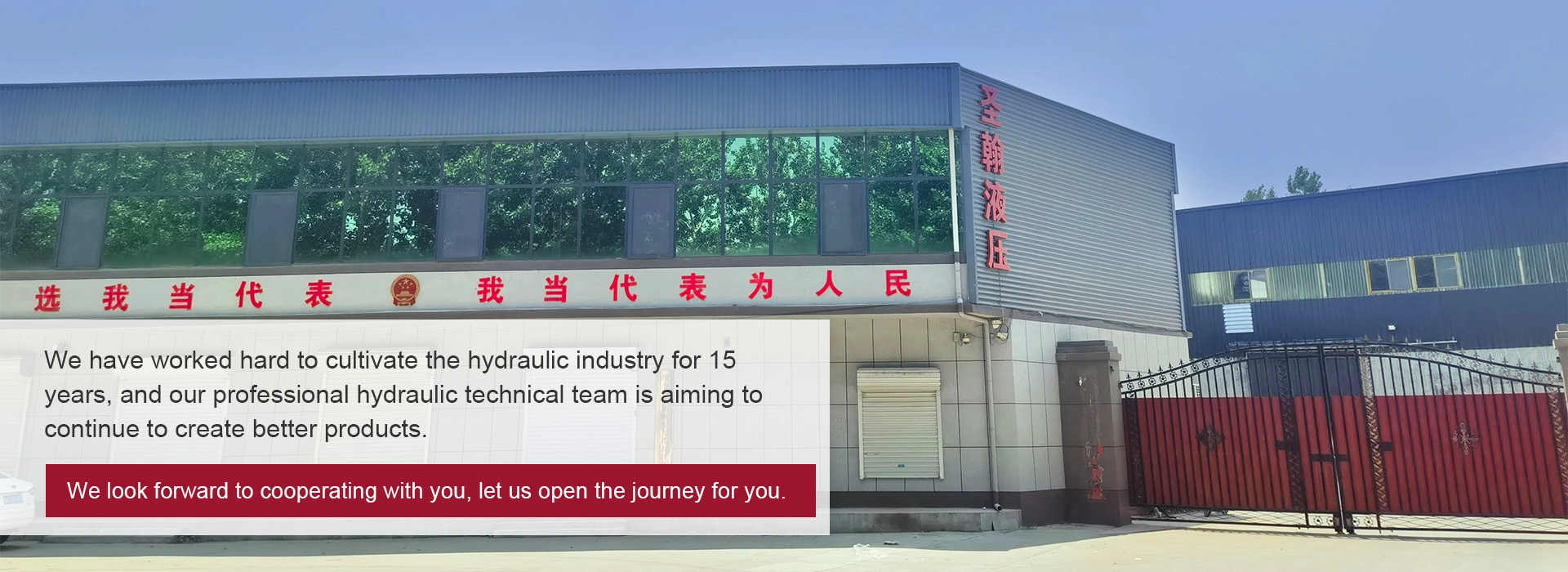Nov . 27, 2024 19:14 Back to list
Hydraulic Pump Power Units Manufacturing Facilities and Their Key Features
Understanding Hydraulic Pump Power Unit Factories
Hydraulic pump power units play a crucial role in various industrial applications, serving as the backbone for many machines and systems that rely on hydraulic power to function efficiently. Often used in industries such as construction, manufacturing, and automotive, these power units convert mechanical energy into hydraulic energy, allowing them to operate a range of equipment and processes. In this article, we will explore the essential components, manufacturing processes, and operational significance of hydraulic pump power unit factories.
Components of Hydraulic Pump Power Units
A hydraulic pump power unit typically consists of several key components
1. Hydraulic Pump The heart of the power unit, the hydraulic pump is responsible for generating flow and pressure within the hydraulic system. There are various types, including gear pumps, vane pumps, and piston pumps, each suited for different applications.
2. Reservoir This component stores the hydraulic fluid, which can be oil or other fluids optimized for hydraulic systems. The reservoir is designed to provide sufficient space for the fluid to expand and cool while allowing for sediment settlement and filtration.
3. Motor The motor provides the necessary power to drive the hydraulic pump. It can be electric, diesel, or gas-powered, depending on the requirements of the application.
4. Valves Valves regulate the flow and direction of hydraulic fluid, ensuring that the components of the hydraulic system operate in unison.
5. Filtration System To ensure the longevity of the hydraulic system, a filtration system is essential. It removes contaminants from the hydraulic fluid, protecting the pump and other components.
6. Hoses and Fittings These components connect the various elements of the hydraulic system, allowing for the controlled movement of hydraulic fluid to different parts of the machinery.
Manufacturing Processes
hydraulic pump power unit factories

The production of hydraulic pump power units involves several rigorous manufacturing processes to ensure reliability, efficiency, and safety
1. Design and Engineering The process begins with careful design and engineering to meet specific client needs. Engineers consider variables such as flow rate, pressure requirements, and application environments.
2. Material Selection High-quality materials are essential for durability and performance. Manufacturers often use high-grade steel and aluminum for components to withstand high pressures and prevent corrosion.
3. Precision Machining Components are created using precision machining processes like CNC machining, which ensures that all parts fit together seamlessly and function optimally.
4. Assembly After machining, the components are assembled in a clean environment to prevent contamination. This stage is critical, as improper assembly can lead to system failures.
5. Testing Each hydraulic pump power unit undergoes rigorous testing before leaving the factory. Tests include pressure testing, flow rate testing, and operational testing to ensure the unit meets industry standards and performs as expected.
6. Quality Control Quality control measures are implemented throughout the manufacturing process to ensure that each component and the final product meet high standards. This includes visual inspections, measurements, and functional tests.
Operational Significance
Hydraulic pump power units are vital for many industries, providing the necessary force for a variety of applications such as powering heavy machinery, facilitating lifting operations, and enabling hydraulic systems in vehicles. Their efficiency and reliability directly influence productivity and operational costs. As industries continue to evolve with technological advancements, the demand for innovative and efficient hydraulic pump power units is increasing.
Moreover, sustainability is becoming a significant focus, with factories striving to produce more energy-efficient and environmentally friendly hydraulic power units. This shifts the industry towards cleaner manufacturing processes and the use of biodegradable hydraulic fluids, contributing to a more sustainable future.
In conclusion, hydraulic pump power unit factories play an instrumental role in the manufacturing and supply of essential hydraulic systems across various sectors. Understanding the components, manufacturing processes, and operational significance of these units can aid in recognizing their importance in the industrial landscape. As technology and environmental considerations evolve, the future of hydraulic pump power units looks promising, paving the way for enhanced efficiency and sustainability.
-
Fork Lift Power Units - Hebei Shenghan | Efficiency, Reliability
NewsJul.13,2025
-
1.5-Ton Turbocharged Cylinder-Hebei Shenghan|Hydraulic Solution,Energy Efficiency
NewsJul.13,2025
-
Auto Hoist Power Units-Hebei Shenghan|Efficiency&Industrial Lifting
NewsJul.13,2025
-
Double Acting Power Units-Hebei Shenghan|Hydraulic Solutions,Industrial Efficiency
NewsJul.13,2025
-
1.5 Ton Lifting Cylinder 70/82-40-290-535 - High-Performance Hydraulic Solution | Hebei Shenghan
NewsJul.13,2025
-
Fork Lift Power Units - Hebei Shenghan | Efficiency&Reliability
NewsJul.13,2025
